Product Liability Insurance
Protect Your Business from Costly Claims!
As a solar entrepreneur, your products may unintentionally cause property damage or injury to third parties.
Product liability insurance covers these risks, ensuring you’re protected from costly claims. Conduct your business with confidence.
Secure your coverage today.
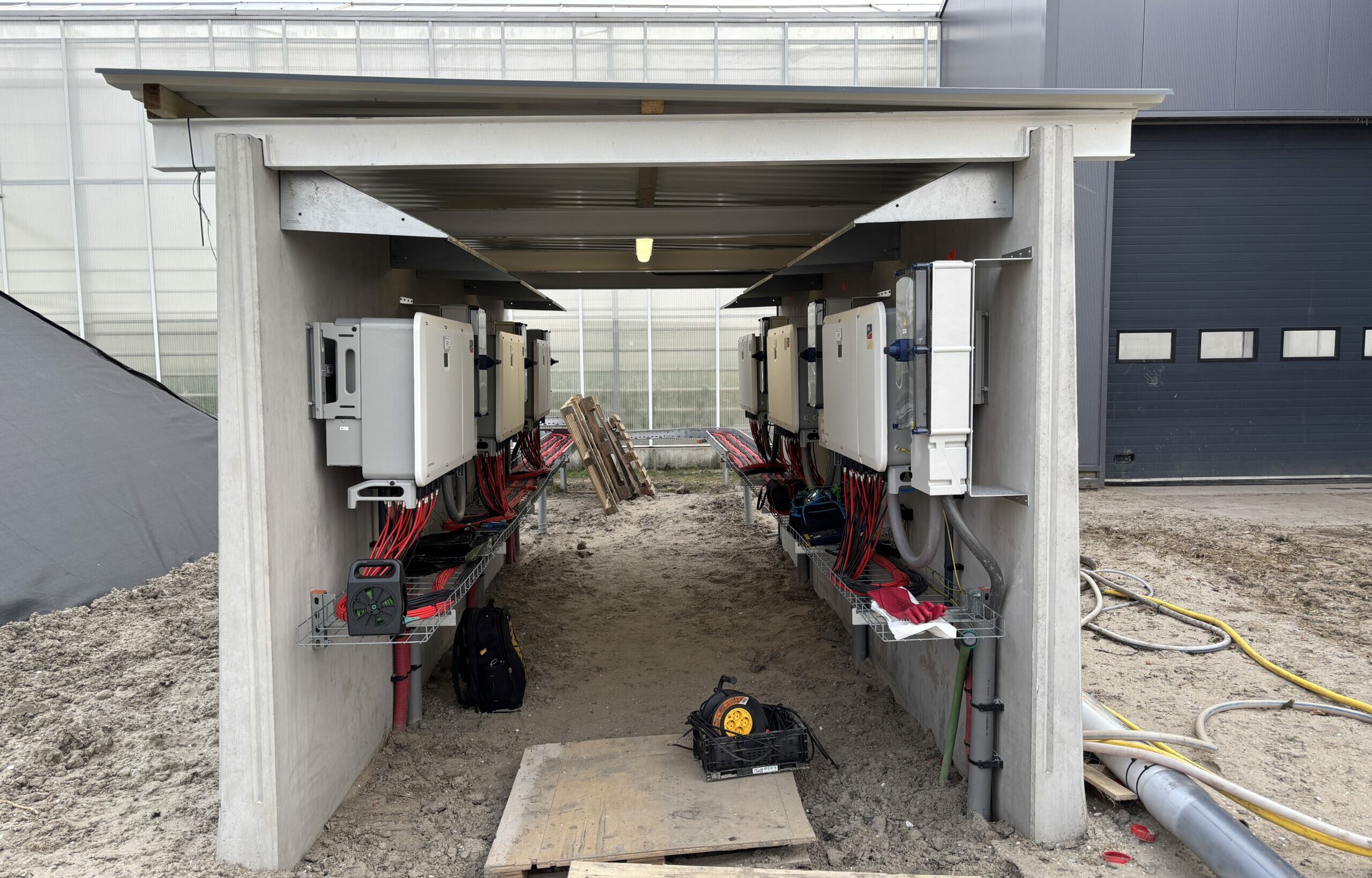
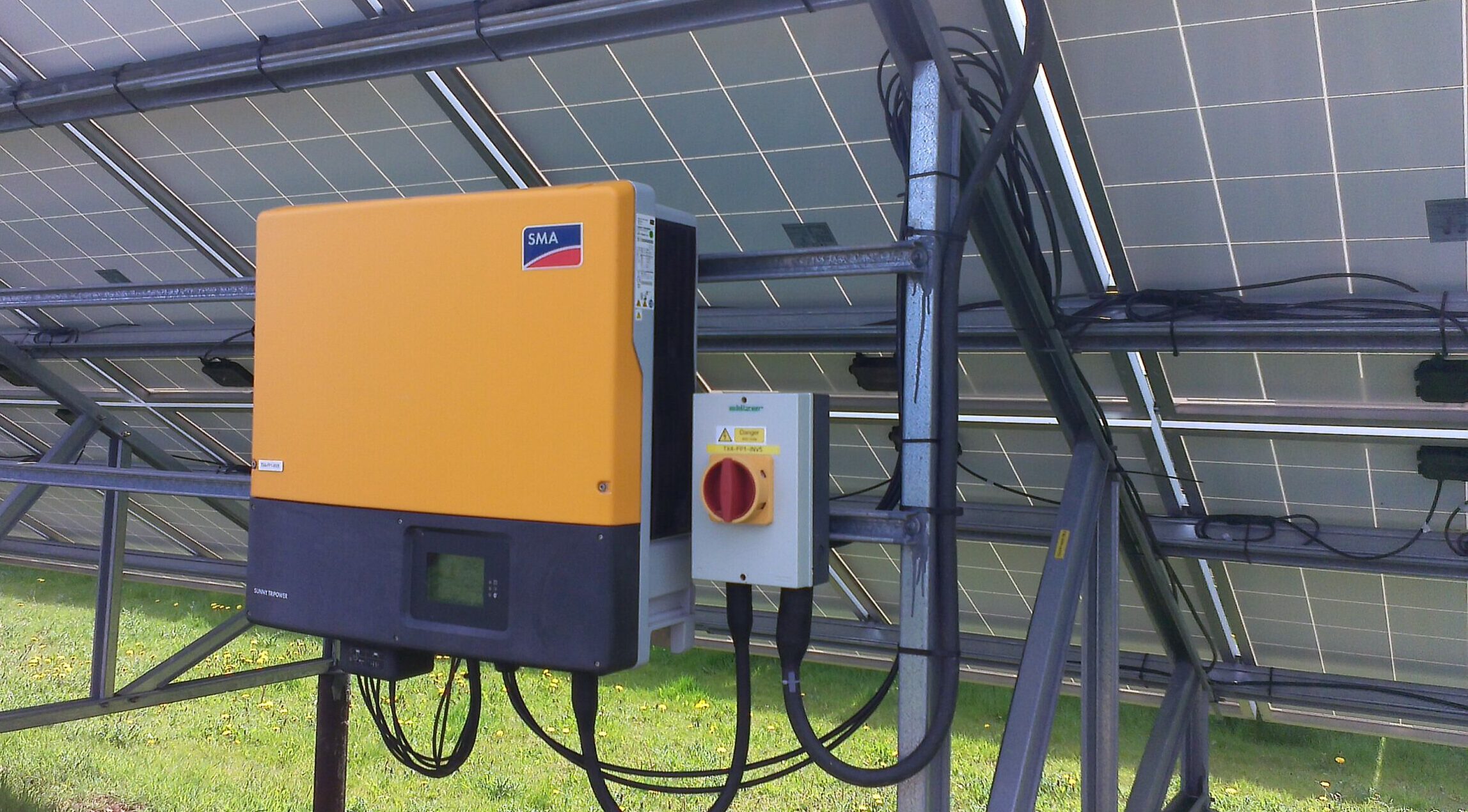
What is Product Liability?
Product liability means that as a manufacturer or seller, you are liable for damage caused by a defective product. This only refers to the damage the product has caused, such as personal injury or damage to property.
A product is defective if it is not safe at the time it is sold. Examples include an inverter that overheats, short circuits caused by poor wiring, or injuries resulting from an inadequate user manual.
If you put your name or brand on a product, you are liable for the damage the product causes.
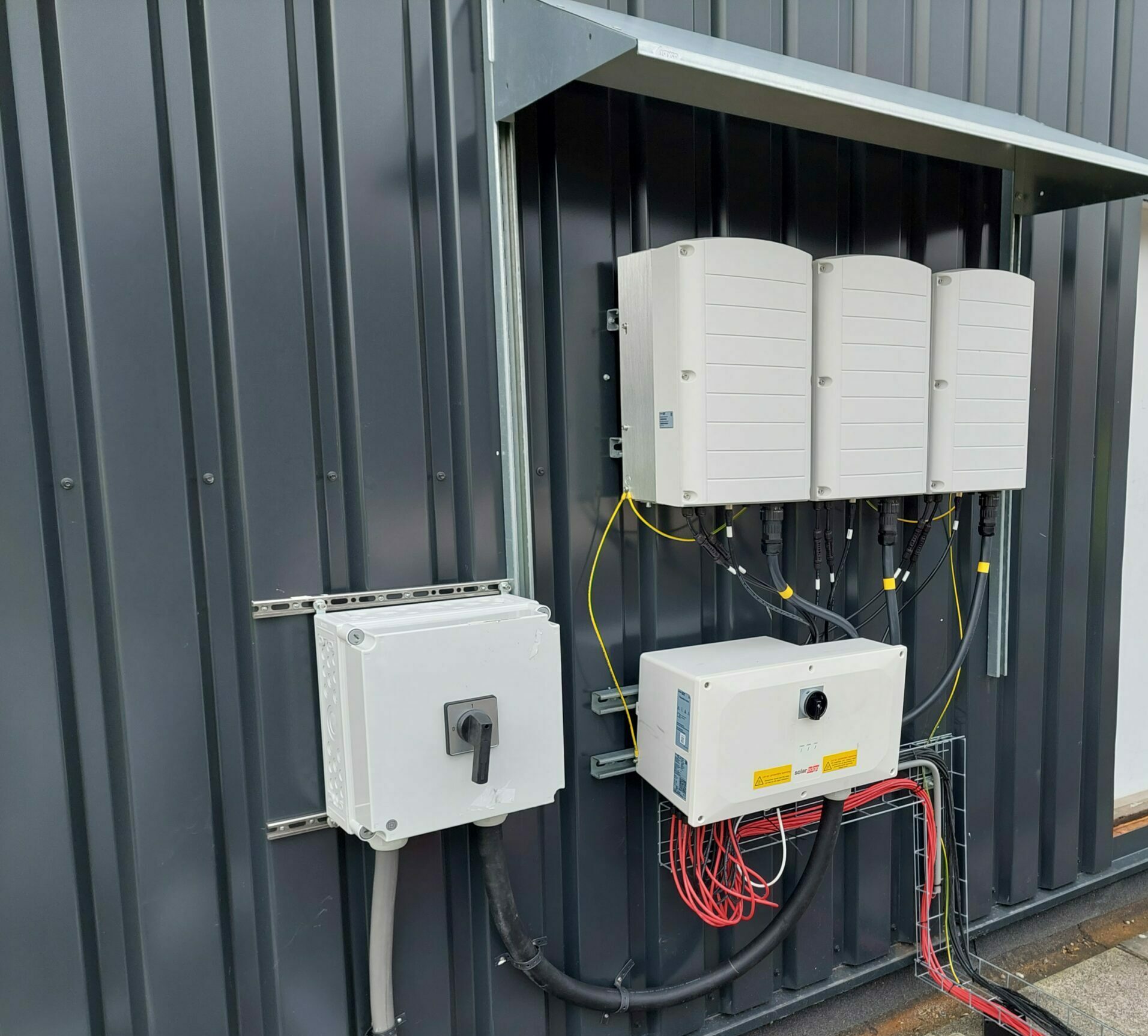
When Are You at Risk of Product Liability?
You are at risk of product liability when you bring products to market. This also applies if you only supply a component. Not only sellers of final products are at risk, but also suppliers of raw materials or parts.
The right to file a claim normally expires after 10 years from the product’s sale date. Often customers have up to 3 years to claim damages, starting from the moment they discover the damage, the defect in the product, and the responsible manufacturer or importer.
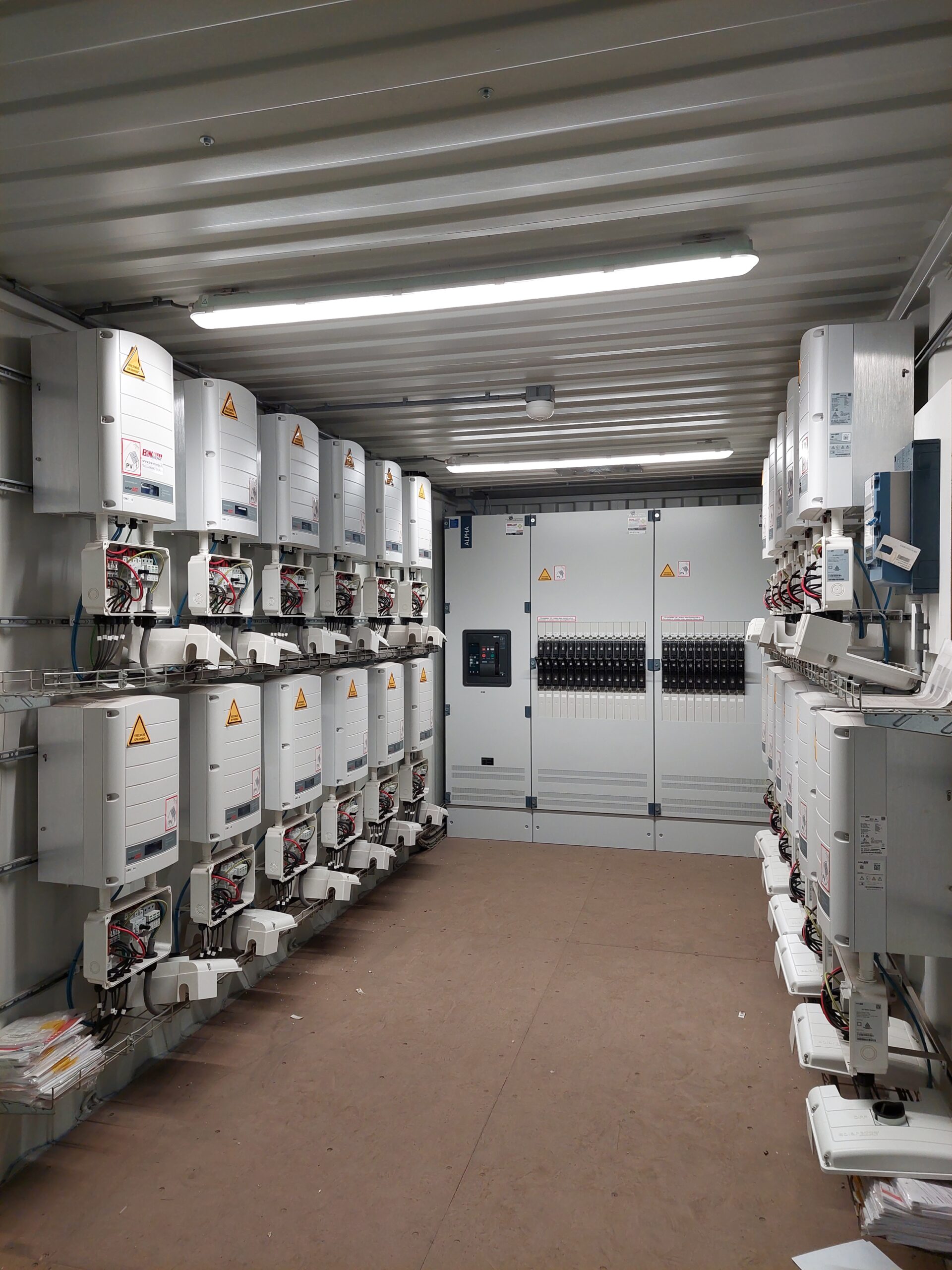
What is a Product Liability Insurance?
Product liability insurance protects you against financial loss if your products cause damage to third parties. This could involve material damage to property or personal injury.
The insurance ensures that your business does not face financial difficulties due to claims from third parties.
What Does Product Liability Insurance Cover?
Product liability insurance covers:
- Damage to others’ property caused by a defective product
- Personal injury caused by your product
The deductible noted on your policy applies per claim. For personal injury, there is no deductible.
What Does Product Liability Insurance Not Cover?
Typically, the following is not covered:
- Damage caused intentionally.
- Damage due to products deliberately modified by the customer.
- Damage to yourself or your business.
- Pure financial loss without material damage or injury.
- Costs incurred from product recalls.
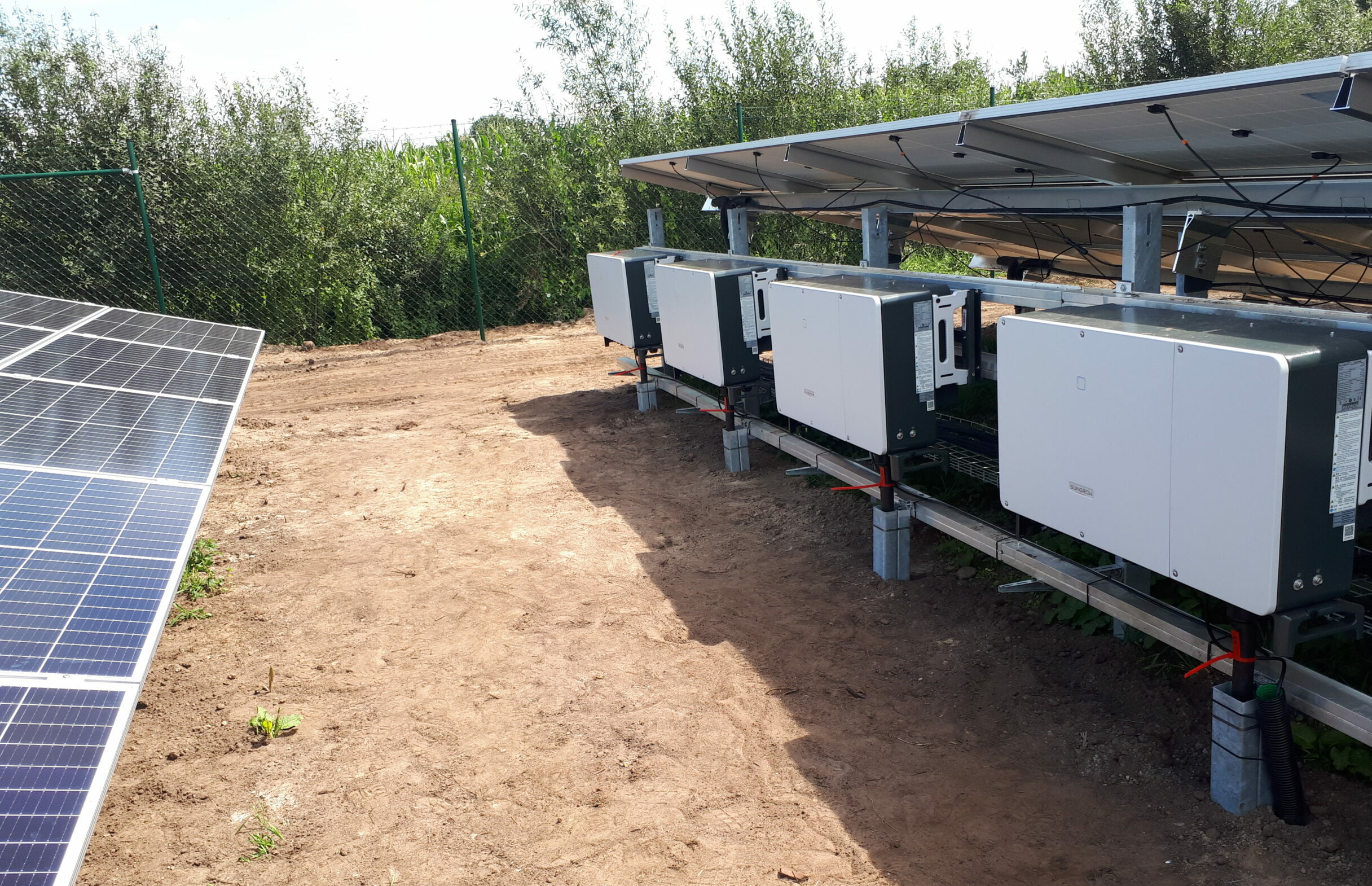
Who needs Product Liability Insurance?
Product liability insurance is essential for any entrepreneur who sells, produces, or supplies products, regardless of the size or nature of the business.
Whether you run a sole proprietorship or a large company with multiple employees, this insurance provides crucial protection against liability risks that can arise from defective or harmful products.
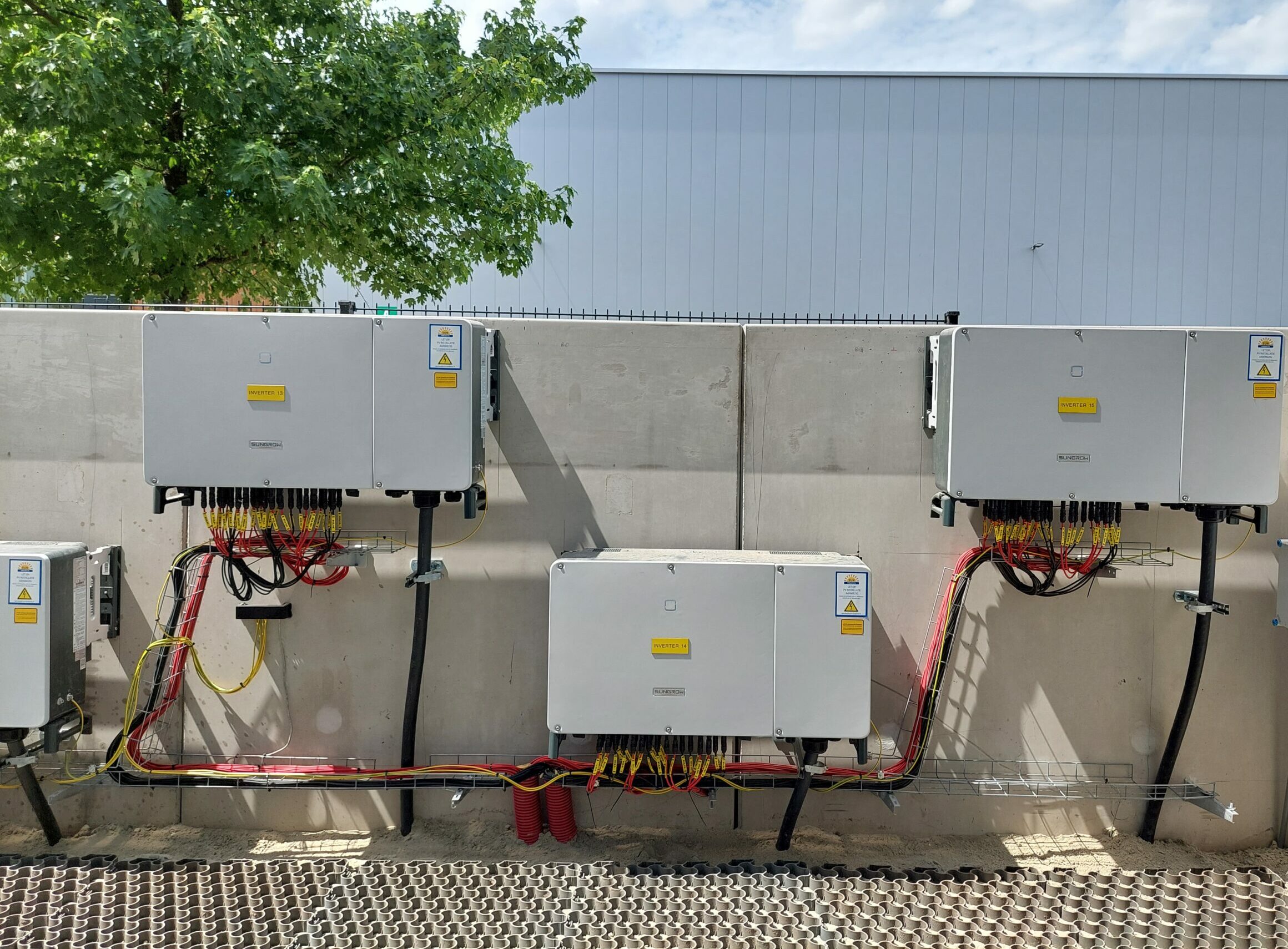
What Does Product Liability Insurance Cost?
The amount of your premium depends on several factors, including:
- Your annual turnover.
- The number of products sold.
- Your business activities and industry.
- The additional coverages chosen.
In general, the greater the risk, the higher the premium. For an exact quote, it is advisable to request an offer from an insurer through us.
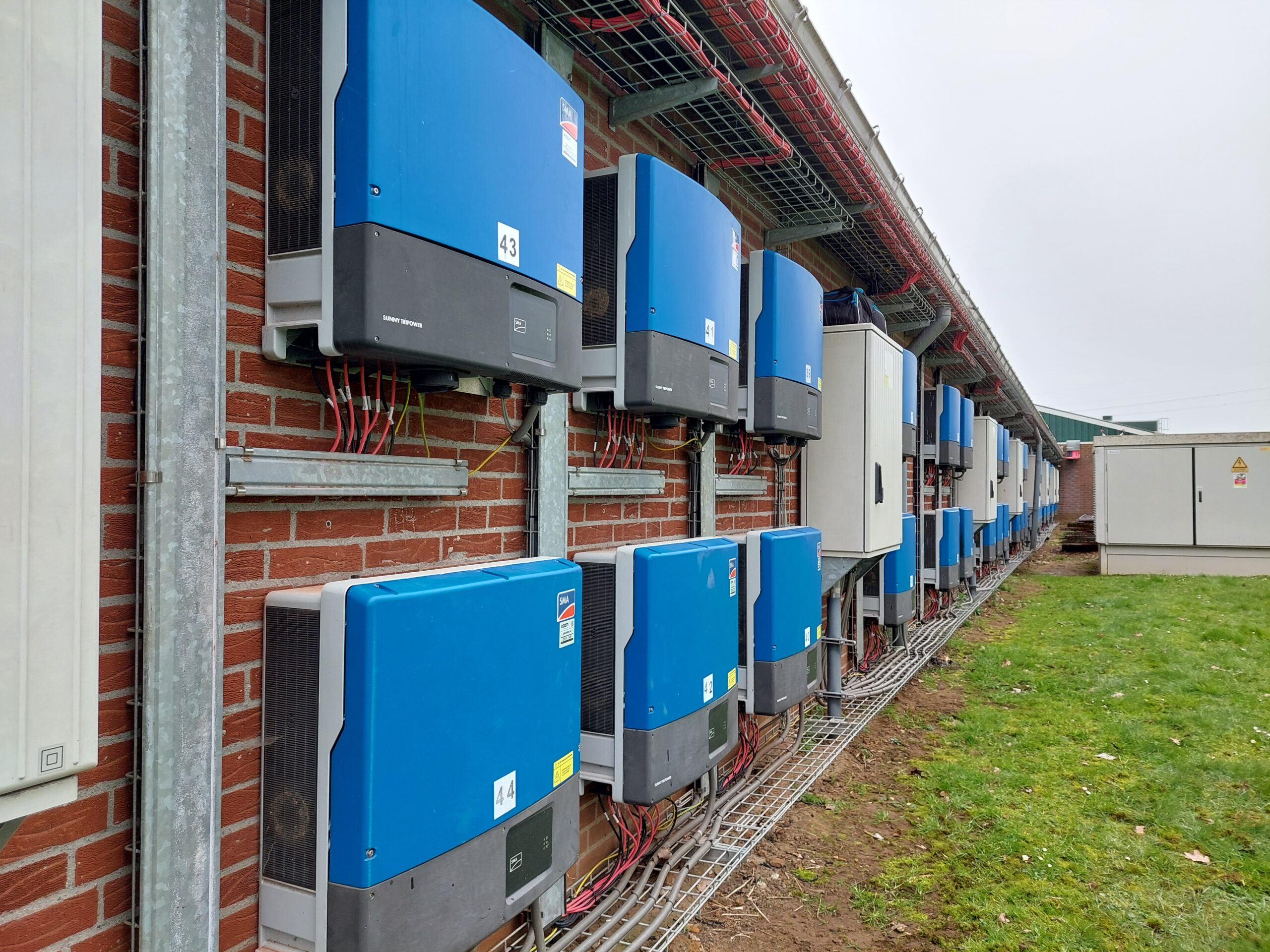
Key Differences Between Business and Product Liability Insurance
Business Liability Insurance
This insurance protects your business against claims from others if you or your employees cause damage during work. For example, if someone gets injured (personal injury) or if property is damaged (material damage).
Product Liability Insurance
This insurance covers the risks associated with the products your business manufactures, supplies, or sells. If a product is defective and causes damage, you can be held liable. This insurance covers that risk.
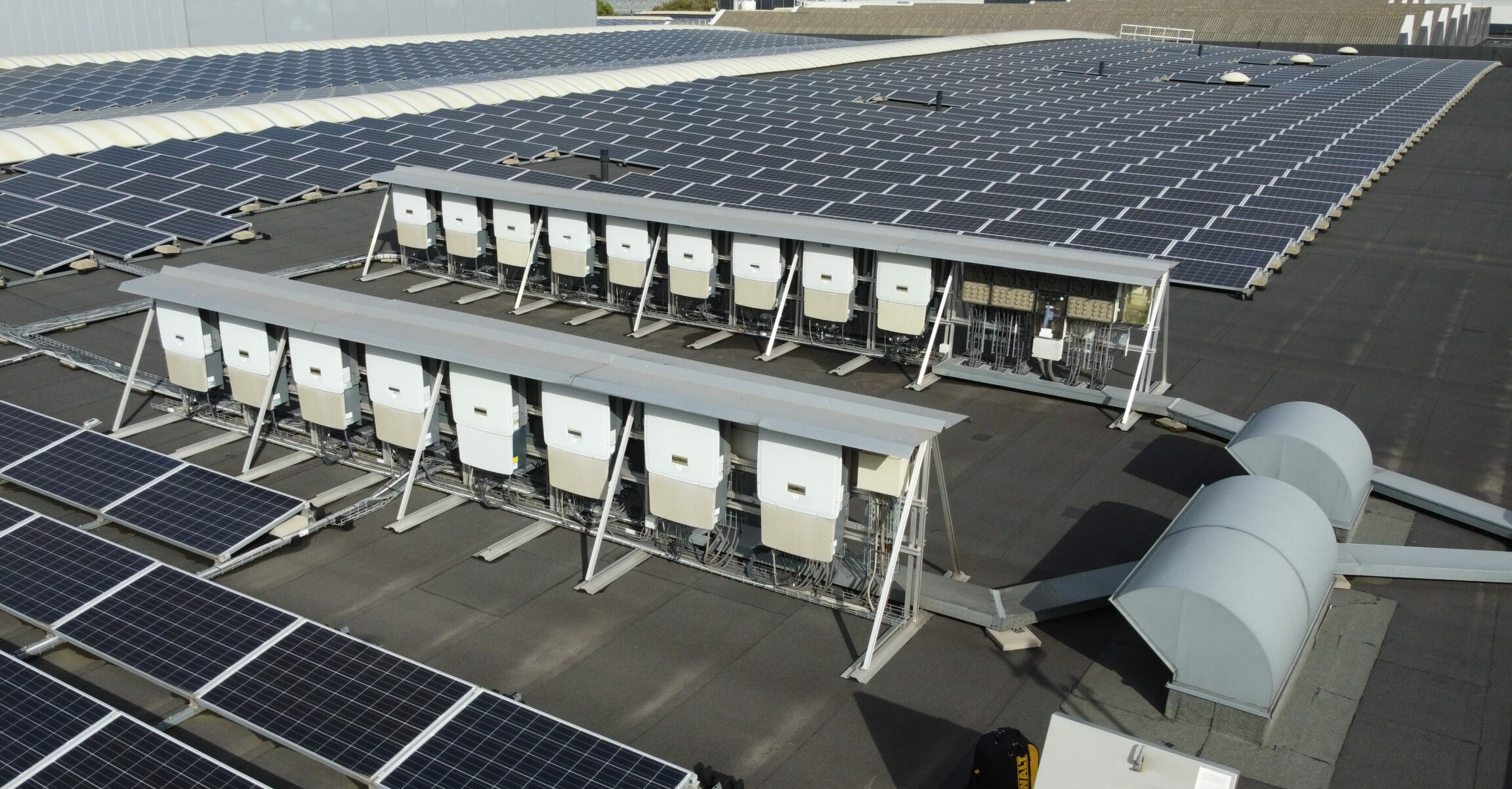
Combined Policy
Insurers often combine both coverages into one policy. This means your business is protected against both business liability and product liability.
Depending on what your business does, it may sometimes be necessary to have separate policies.
It is important to carefully check if your insurance covers all relevant risks, including both product liability and general liability, to avoid surprises when claims arise.
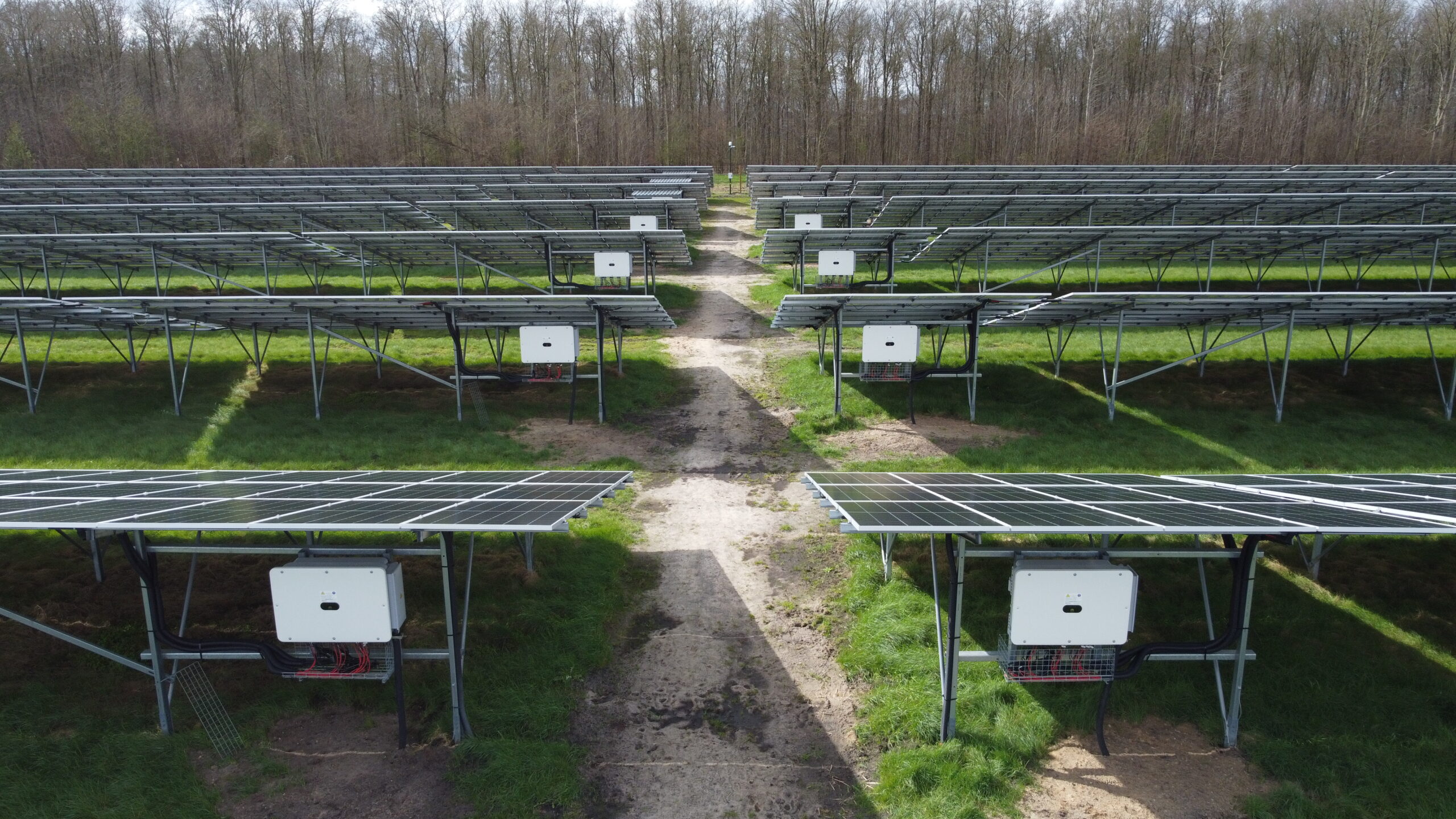
What to Do After Damage?
- Note the date and time of the damage.
- Report the damage as soon as possible.
- Take measures to limit further damage.
- Keep receipts for the costs of any measures taken.
- Do not dispose of damaged parts until they are released by the insurer.
- Take clear photos of the damage.
To report damage or for more information on the next steps, visit our informative page on reporting damage.
What Our Customers Say About Us
“From the first contact, I really felt heard by the Solarif team. Their personal approach and warm company culture made me feel supported every step of the way.”
“In the event of a claim, Solarif helped us quickly and efficiently. They took immediate action and kept us continuously informed.”
“Solarif is not just an insurance office; they are a partner who thinks along with you. Their knowledge of the market and their network in the solar energy and insurance market have helped us better manage our risks and grow our business.”
Do you want to protect your business against product liability?
Frequently Asked Questions
A product is considered defective when it does not provide the safety one can reasonably expect at the time it is placed on the market. Product liability is a broad concept that can encompass various situations. For example, a product may be deemed defective if an inverter overheats, short circuits occur due to faulty wiring, solar panels become loose due to weak mounting materials, or injuries are caused by an inadequate user manual.
You can never fully eliminate the risk of product liability, but you can take measures to reduce it. Regularly check the quality of your products, make clear agreements with reliable suppliers, and draw up detailed delivery terms. In these terms, you can specify under what conditions you deliver the products and what your responsibilities are. With these preventive steps, you reduce the chance of potential liability issues.
A warranty relates to the functioning of a product. If a product does not work properly or breaks down quickly, the customer is entitled to free repair, replacement, or refund. This falls under the statutory warranty.
Product liability, on the other hand, concerns the damage or injury caused by a defective product. If a product has a defect and consequently causes damage to property or persons, the seller or manufacturer is legally liable for this damage. Product liability thus does not concern the defective product itself but the damage caused by the defective product.
Products placed on the market in the European Union must be safe and functional by law. They should not pose a risk to the health and safety of consumers. When a defective product causes damage, product liability arises.
No, product liability insurance is not legally required, but many entrepreneurs still take one out. An accident can happen quickly due to your product. That’s, of course, unfortunate, and it can sometimes cost a lot of money. With product liability insurance, you are insured against these costs, saving you both money and worries. Sometimes, product liability insurance is mandatory, for instance, if a customer requires it for extra security.




